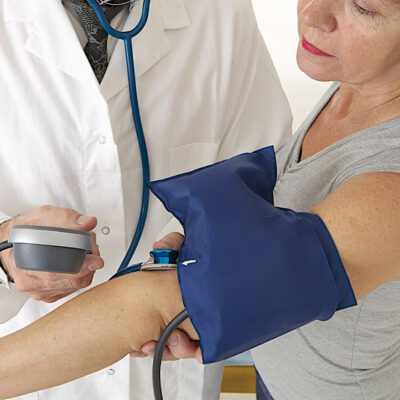
Hepatitis C – Lesser-Known Symptoms, Types, and Complications
Hepatitis C is a viral infection caused by a bloodborne virus. It could transmit through unsafe injection practices and the transfusion of unscreened blood and blood products. Additionally, sexual practices that cause exposure to blood can lead to this disease. This viral infection leads to liver inflammation and can also cause serious liver damage. The disease can be treated, but one should be aware of the symptoms to facilitate timely treatment.
1. Rare symptoms of hepatitis C
- Commonly occurring bruises
If one is getting bruised frequently and quite easily, it could indicate a Hepatitis C infection. One should get medical attention to ensure that the cause is identified and treated at the earliest. - Easy bleeding
Bleeding easily is another rare symptom of hepatitis C, and one should consult a doctor for early diagnosis and timely treatment if they experience this. - Hepatic encephalopathy
Hepatic encephalopathy is one of the rare symptoms associated with this disease, and an individual experiences confusion, drowsiness, and slurred speech due to it. - Spider angiomas
Spider angiomas or the appearance of spider-like blood vessels on the skin is another rare symptom that occurs in people with hepatitis C.
2. Types of hepatitis C
- Acute hepatitis C
Acute Hepatitis C does not manifest in the form of the usual symptoms. Any signs that appear are seen around 2-12 weeks after the infection occurs. - Chronic hepatitis C
The disease becomes chronic when the body is unable to fight and get rid of the virus on its own within 6 months. This condition does not have any of the normally occurring symptoms, which makes it difficult to be diagnosed at an earlier state. In the later stages, it can be detected with a blood test, but it can also lead to severe liver damage, cirrhosis, liver cancer, or even cause liver failure in these advanced stages.
3. Care after hepatitis C treatment
Patients must take adequate steps to ensure proper care after this medical condition is treated. Complications can occur at times, so one should take measures after treatment to prevent these. Hepatitis C can lead to the development of several other health issues as the condition leads to the formation of abnormal antibodies called cryoglobulins. These abnormal antibodies cause vasculitis, which can damage the skin, kidneys, and joints. Cirrhosis is a probable complication, and hepatitis C can even cause liver cancer. So, a hepatitis C patient should go for regular screenings even after the treatment is complete. If the need arises, one should take counseling sessions to be up to date on the medical conditions and identify the symptoms as and when they develop. This way, diagnosis and timely treatment can be ensured. Immunization is also recommended, and one can consult their doctor for details.


